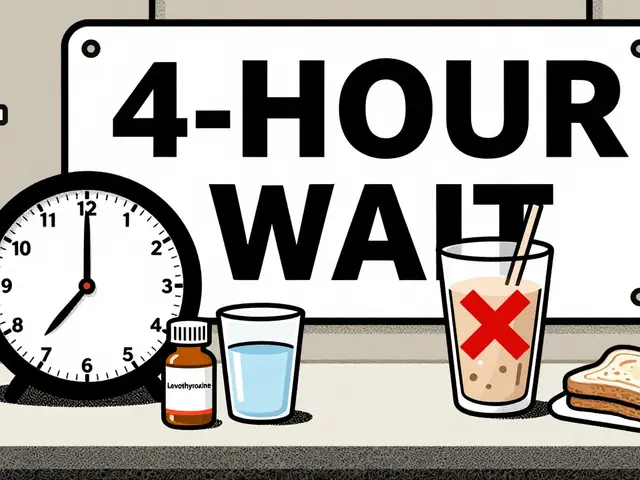Sexual communication: talk, connect, and feel safer
Sexual communication is the simple skill of saying what you want, need, and don’t want in the bedroom. Good sexual talk makes sex better, safer, and less awkward. You don’t need perfect lines—just honesty, timing, and respect. Here are clear, practical steps to make sexual conversations easier with your partner.
Start small. Open with a positive: tell your partner what you enjoy. Saying “I liked when you…” or “That felt great” lowers defensiveness and invites more of the same. After a positive, add one small request: “Could we try a bit slower next time?” or “Can you touch me there?” Short, specific asks work better than vague hints.
Pick the right moment. Don’t bring up sensitive topics during sex or right after an argument. Choose a calm, private time when both of you feel relaxed. A short check-in after cuddling, or a walk together, often works well. If you’re nervous, say that: “I want to share something but I’m a little nervous.”
Use “I” statements. Say how you feel and what you need. “I feel disconnected when we rush sex” sounds better than “You always rush.” Avoid blame. Focus on your experience and what would help you feel closer.
Be specific about boundaries and safety. Talk about contraception, STI testing, and comfort levels with different acts. Share your current status: testing history, birth control plan, and any medical issues. If meds affect sex—like antidepressants or blood thinners—mention it and suggest seeing a doctor together. Clear safety talk reduces surprises and builds trust.
Listen actively. Sexual communication is two-way. Ask your partner what they like, what bothers them, and how they’ve felt before. Repeat back a short summary to show you heard them: “So you liked it when I…?” Stay curious, not defensive.
Try easy scripts. If you need a starter, use simple phrases: “Can we try X?” “That felt great—more of Y?” “I don’t like when Z happens.” Practice makes these phrases feel natural. You can text a short compliment or request if saying it face to face feels hard at first.
Handle mismatches kindly. If desires don’t match, don’t pressure or shame. Negotiate: find compromise, set limits, or agree on separate times for different needs. Keep respect central—no coercion.
If communication feels stuck, get help. A sex therapist or couples counselor can teach language and exercises for better intimacy. Medical questions deserve a doctor’s input—ask about treatment options, side effects, or alternatives when needed.
Good sexual communication grows with time. Start with small, honest steps, keep safety and consent clear, and listen as much as you speak. You’ll make sex healthier and more enjoyable for both of you.
Quick exercises to practice
Try a 5-minute check-in once a week. Each partner names one thing they liked and one small request. No criticism. Try mirroring: repeat your partner’s request in your own words. Practice saying no kindly. Do this for three weeks and notice how asking becomes easier. If nervous, try writing it down first and sharing the note together.

I recently came across a study discussing the impact of Avanafil on sexual communication. Avanafil, a popular medication for erectile dysfunction, seems to have a positive influence on the way couples communicate about their sexual needs and desires. The increased confidence from improved sexual performance allows for more open and honest conversations between partners. This, in turn, leads to enhanced relationships and overall satisfaction. It's fascinating to see how a medication can help improve not only physical aspects of intimacy but also the emotional connection between couples.
Continue Reading





